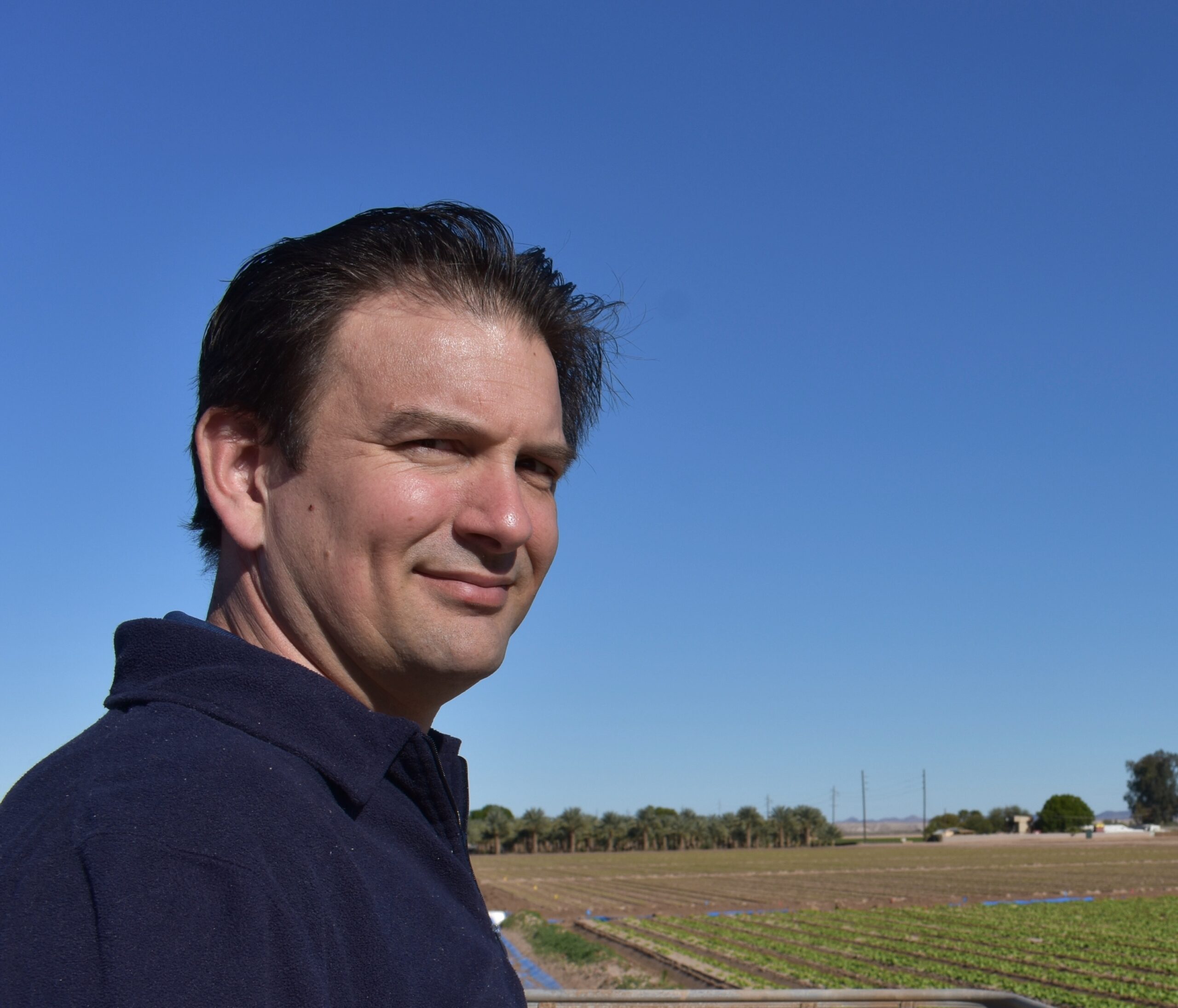CDFA Accepting Grant Applications for Adaptive IPM for Invasive Agricultural Pests
The California Department of Food and Agriculture (CDFA) is now accepting grant applications for its Adaptive IPM for Invasive Agricultural Pests program, formerly known as Proactive IPM Solutions. Administered by the Office of Pesticide Consultation and Analysis (OPCA), within the Office of Agricultural Resilience and Sustainability, the program is offering a total of $500,000 in this grant cycle, expected to fund one grant.
This program addresses the threat of invasive agricultural pests in California by developing and implementing adaptable IPM (integrated pest management) strategies that enable swift action against emerging pests, whether they are newly introduced, resurging, or expanding their range. The program also supports research to enhance existing IPM strategies against established invasive agricultural pests that have expanded their reach or do not have any effective management options, particularly those with pesticide resistance. Previously known as Proactive IPM Solutions, the program has evolved into a more agile, responsive, and inclusive initiative—better equipped to meet the growing complexity and urgency of invasive pest threats in California.
CDFA strives to use IPM methods in all pest management activities, and the Adaptive IPM for Invasive Agricultural Pests program prioritizes lower risk pest management solutions, such as biological control, selective or biological chemistries, and cultural control over broad-spectrum insecticides.
Applications are due by 5:00 pm, August 29, 2025. Public or private colleges and universities, local, State, and federal government entities including tribal governments, non-profit organizations, and commodity groups are eligible to apply. The project lead(s) and their institutions must be based in California. Detailed information, including the application process and requirements, is available at https://www.cdfa.ca.gov/oars/opca/adaptive-ipm.html.




